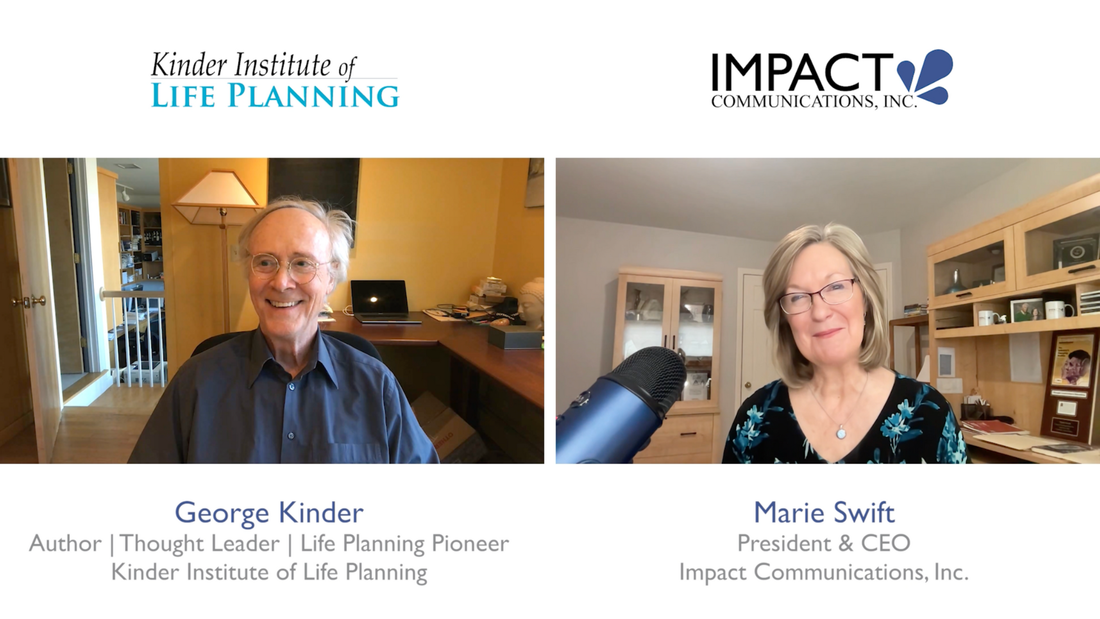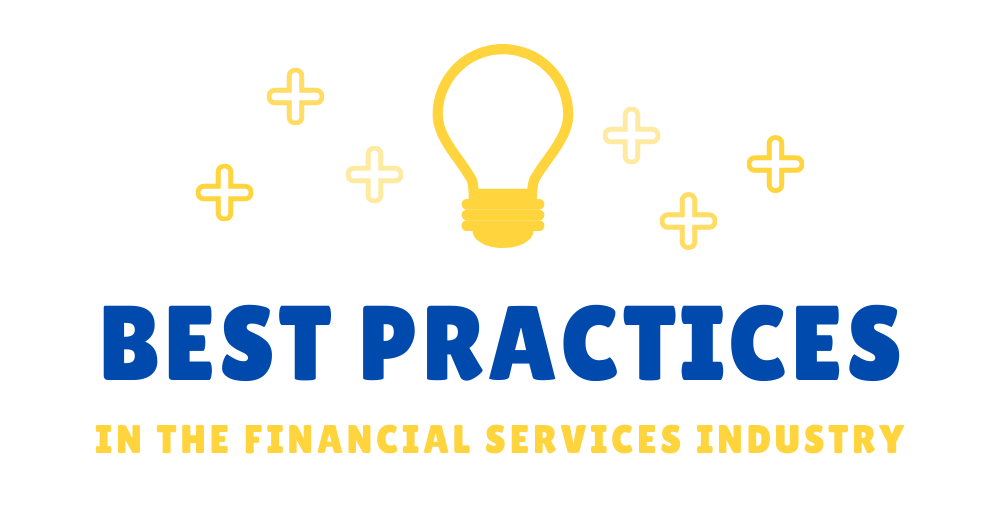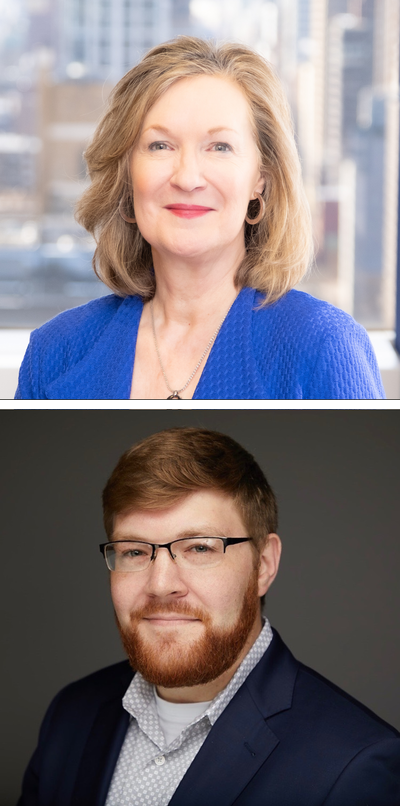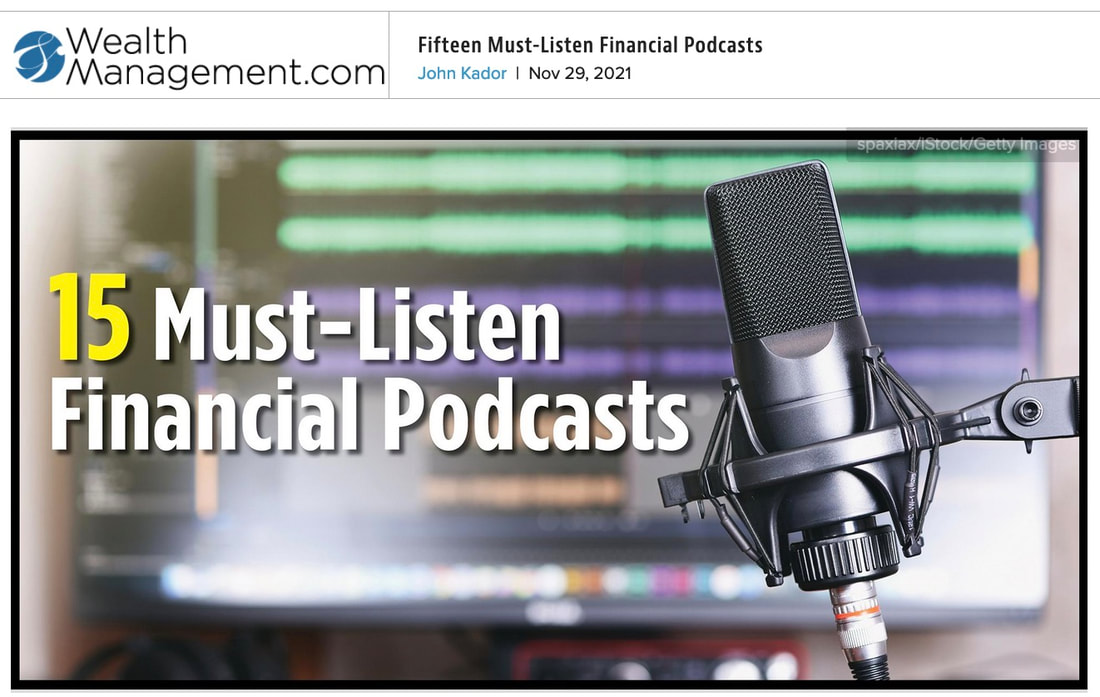Swift Chat with George Kinder: Using Listening Skills and Mindfulness to Manifest your Goals2/14/2023
In this Swift Chat, Marie Swift of Impact Communications Inc. speaks with George Kinder of the Kinder Institute of Life Planning. The two discuss mindfulness skills to help yourself live the life you want to live and what the Registered Life Planner designation means.
Learn more about George and his work at www.KinderInstitute.com
I realized that the best thing to ensure my vision was the one synonymous with Life Planning that that it would be to have a designation, called the Registered Life Planner designation. But again, allowing and encouraging and supporting all these other pieces of work around the psychology of money, around coaching, around different kinds of listening. They're all important. They all help us as financial advisors become better for our clients." Transcript of Conversation
Marie Swift: Well, hello everybody and welcome back to Swift Chats I have George Kinder with me here today, and George and I go way back. We're going talk a little bit about that. We're going to talk about the Kinder Institute of Life Planning and, and George, the first thing I want to know is where in the world are you. George Kinder: Everybody wants to know that [chuckles]. I'm in Massachusetts and during the time of the pandemic, this is primarily where I've settled. At times I wished I was in Hawaii and other times wished I was in London, but this has felt the safest place during that time. Swift: I know that you used to travel quite a bit, of course to London and to Hawaii. I took that road to Hana one time. I was hoping I'd run into you in the convenience store, but what a ride to get to that, that little town. Amazing. Kinder: Yes. It's like the ride along the Big Sur. It's just absolutely gorgeous if you're not in the driver's seat, you can feel a little warped out in the process, but it's so beautiful and then so peaceful when you arrive there. Swift: You used to do courses there. Do you still? Kinder: I still do. As we are hopefully coming out of the pandemic, I'm giving my first course there in three years. It's been such a popular course; I'm giving two of them back-to-back in February and I couldn't be more excited. We have the top trainers in Europe, my wife's going to be there, Kathy Lubar, who's just a fabulous trainer and Louis Albrook and his wife and some great trainers otherwise from Europe and America. Swift: Well, it's been a number of years since you and I had the opportunity to talk, I believe we were doing a podcast for NAPFA for the Mindset Mastery Series, and one of the things that you're known for is listening and going deeper with clients -- with a particular emphasis on Financial Life Planning. So maybe we could start by having you tell anyone who might not know you for the newbies in the crowd listening or watching this today. Tell us a little bit about who you are, your backstory and how you got to be where you are today. THE KINDER BACKSTORY Kinder: Listening is so important, what was really strange for me, I never really wanted to be a financial advisor, but I had to make a living and I was really good in mathematics. I'd minored in in economics at Harvard, and so I went, and I started doing tax returns for a living, and I built up a client base of over a thousand people largely in the Cambridge, Massachusetts area. A lot of professors, entrepreneurs, but half of my clients were psychologists or therapists or counselors, or social workers or psychiatrists. Half of them were, and I was stunned. In an effort to try and be the best I really researched the tax law and figured out a way that whole community of people could deduct their private therapy as a business expense instead of as a medical expense. Medical expenses are subject to all these limitations. Business expenses aren't, and moreover they reduce your social security tax as well. It was just incredible, and I got referred to person after person. Something else I always wanted to do with that community, I wanted to know who they were and what they were studying. I figured the more that I knew about them, the better I would be as an advisor for them. The strangest thing was, I took all these advanced CEU courses all over America from the top psychologists and therapists all over the world with clients of mine. During that period, I learned a lot of psychological skills and obviously they came out in my first book, the Seven Stages of Money Maturity. A lot of people have really made a mistake in thinking I was about psychology. Really what I learned more than anything from them was that what our clients need is not so much a psychologist as someone who just listens exceptionally well. That's what I got from that thousand-person community. Apparently, they thought I listened pretty well because they kept sending people, but I think that's really what I learned, and I did a lot with it. The thing that that kind of brought this life planning community into being, at least for my part, I also realized doing tax returns. As I alluded, I wasn't doing what I wanted to do. I was doing what I had to do to make a living. I had certain skills, I enjoyed it, but there was a part of me that hated it as well. I wanted to do something else and what I began to realize, when I actually started listening and looking at myself, I realized that most of my clients were not that happy with what they were doing either. They really wanted to be fulfilling themselves in other ways. When I realized that, I began to work on a system or a set of questions that would inspire every client that I meet was to “live into the life of their dreams”, to put that energy that was getting squashed into actually manifesting and making what they wanted in the world around them. That’s when I decided to do that for myself. I went back and became a Certified Financial Planner(TM) professional and learned how to invest and all the rest, then I turned my eyes and mind toward them. I found that whenever I asked the same challenging questions that I asked myself to my clients, they would get despondent for a moment or two because they are challenging deep questions. Ultimately, they became inspired and very energized to turn their lives around and make who they wanted to be the focus of their life rather than earning the dollar. That's life planning, basically. THE SEVEN STAGES OF MONEY MATURITY & SUBSEQUENT BOOKS Swift: You wrote a book called The Seven Stages of Money Maturity. Eventually you started a course on that, I know because went to it. Kinder: It's still there. It's still in our arsenal, so to speak. It's still required to become a financial life planner. Our Evoke program has a five-day option or our four-day remote Zoom option. It is the cornerstone in becoming a life planner. It moves you back and forth between being an advisor and listening, then to the client side and being listened to. You become inspired by experiencing the life planning process to live the life that you're meant to live. That's the program I'll be giving in Hana in February. The original book Seven Stages of Money Maturity, it drew a lot from the therapy community that I had been counseling with tax advice and, then with financial advice for many years. Eventually that work turned into other works. I wrote a book for advisors called Lighting the Torch. I wrote a couple more books for consumers called Life Planning for You including a free consumer site where they can do it themselves, I train them how to listen to themselves, but it's not as good as having somebody there who cares for you listening to you, like a great advisor who is a good listener. I wrote a number of other books. One on listening skills, Listening Internally, and that's really about mindfulness. That's where the mindfulness work comes in. I've been a mindfulness practitioner for 50 years and a teacher for 35 years. Something I realized when I was nearing retirement age, whatever that means anymore. I thought, I have to write books that are deeper and wiser in some way, not just about the money. I did this book that was just on inner listening, on mindfulness and teaching mindfulness to people, called Transforming Suffering into Wisdom. I did a challenging book called A Golden Civilization, arguing in this incredible polarizing time that we're right in the midst of, this is the day before the election for anybody who's listening at a later time. In it I argue that this is crazy what we're going through, and that we're really at a time where we've developed so much both technologically and personally, who we are. That we should be delivering a great civilization to everybody and Life Planning as being a centerpiece of that great civilization. Now I'm diving into poetry and photography, which have been passions of mine again for 50 years. I have been delivering book after book in those realms as well. All of them about freedom and listening. The books on photography and poetry are about listening to Mother Nature. It's listening to our environment and listening in such a way that we have more reverence and more awe and more immediate connection with what the planet is, how it's connecting with us individually. It's all about freedom, which is great. FREEDOM TO LIVE A FULLY SELF-EXPRESSED LIFE Swift: It's beautiful everything you've just shared. I'm sitting here thinking about how my days typically go running from meeting to meeting and Zoom call to Zoom call. It's such a treat to be able to just stop for a minute and to have a real conversation with you, George. Obviously, you have a gift for this. How do you generate so many contributions for the community? Kinder: That's a really good question. It surprises me, even as a young man the last thing I would've expected was for me to live a creative life. I had scores off the charts in mathematics. I minored in economics at Harvard, but ultimately, I found that mathematics and economics didn't have enough imagination in them. I ended up majoring in English with a strong minor in History of Art. I think the question is where do you get that energy to keep putting out? Part of it is I've kept Life Planning myself, once I knew how to do it, how to listen inside myself and how to ask the deep questions. I would do it several times a year. I would always make sure that my trajectory was strong and passionate. Life Planning is nothing if it's not keeping our eyes on the prize. Which is a passionate prize for whom we most want to be in the world. I would constantly remind myself of that. Often the things that we're worse at, we become the best teaches at. Because ultimately, we have to confront it and learn from it. So that lack of creativity that I had as a boy and as a young man, I learned how valuable it was, and really brought all my focus to it. I love being passionate. I'm in my 75th year, one wonders where does that passion come from? I hope it never dies. We're meant to live. I am in New England and the fall is just about over. I was reflecting as we saw these beautiful leaves around us, the trees save their most beautiful flourishing for their last moments of living. Isn't that incredible? Those leaves are stunning compared to their green nature in summer and the buds of spring. I think that's the way we're meant to live. Just keep blossoming. Swift: I just took my family on a little junket up to Boulder, Colorado where I met my husband 20 years ago. We fell in love, got married. We're still married. One house One spouse. I'm a first-time grandmother, as I was sharing before we jumped on to start recording. But life is wonderful when you take time to really appreciate it. We drove to the mountains, and when you have a two-year-old, everything seems different when you look through the eyes of a child. Kinder: Beautiful and, Boulder. I gave many a program up in Estes Park, I was one of the founders of the Nazrudin community that started its programs there through the auspices of my partner at that time, Dick Wagner. I absolutely loved the falls up there. I had no idea how gorgeous and how freeing that nature was in Colorado. Swift: Just beautiful. I remember going to one of the cabins and a little lodge up at the YMCA or the YWCA and the elk were everywhere. We had to like elbow our way through elk to get to our meeting room, and it was, a magical place, and just the people and the setting I think it was the fall, because that's when the elk come down to gather around the lodges. Kinder: That was beautiful. Just beautiful. OTHER CONTRIBUTIONS TO THE PROFESSIONAL COMMUNITY Swift: I wanted to touch on some of your other contributions. You have the RLP, the Registered Life Planner designation. Do you call it a designation? Kinder: Yes, it's a designation, Registered Life Planner designation. It's certainly one of the things I'm proud of. Early on as one of the originators of this movement and being a leader in the community I realized I wanted a broad, broad movement so that it would be percolating and cooking many different things. You see that in all the people you interview and all wonderful contributions to kind of our human side in the financial world right now, particularly at places like NAPFA, XYPN, GPN, ACP, and the FPA all of those communities have been just great. I saw kind of a diaspora; I saw people taking the initial two-day program and going off and doing other things with it. And I thought, good on them, great. But it's not where I'm going and it's not what I would like to craft. I thought, I want to craft the very best training that I can imagine for an advisor. I want them to be able to transform their business just from one training, and in the same training, transform their lives. They should come out of the training on fire and knowing who they are in a way they haven't before, or they've had hints of and in some ways been scared or anxious about delivering on. At the same time seeing clearly how to transform their businesses so that it delivers that same sense of freedom and exhilaration to every client in the business. I realized that the best thing to ensure my vision was the one synonymous with Life Planning would be to have a designation, called the Registered Life Planner designation. But again, allowing and encouraging and supporting all these other pieces of work around the psychology of money, around coaching, around different kinds of listening. They're all important. They all help us as financial advisors become better for our clients. HOW TO FIND GEORGE & GET INVOLVED Swift: I want to know where people can find you if you're traveling. We heard about the course in Hana. Are you going to be anywhere else or are you just pretty much stationed in the northeast? Kinder: This is why the February Hana course is so special. I'm doing a tremendous amount on Zoom, and we do have Zoom trainings and they've been enlightening because like you and I, we can eyeball to eyeball across a thousand miles of space between us and everything, yet we're connected and connecting. It's just great. With one of our programs, you can have people from many different parts of the world and seeing each other and not listening from a distance to the front of the room where you're barely hearing or able to see, but seeing exactly the emotions, the flush on the face, the palpitations from anxiety are the emotional responses to being challenged and encouraged to live the life of their dreams. Zoom has been wonderful, but I can't wait to get out and give people hugs and meet people again and be part of a flourishing kind of engaging community where we're eating around a common table. February's going to be the main time but, we are talking in our staff about doing hybrid meetings. Me having probably some meetings here on, Spectacle Pond, we've got trainers all over the world and so it's not just a community of one person. This is a community of many trainers and thousands of advisors. Swift: I remember now seeing you at one of the ACP conferences and you were the keynote speaker, and we had an opportunity to actually have a hug and to talk in person. How wonderful was that? Times have changed. We're a little bit choosier about when we travel, where we travel. What the opportunity and risk reward factor is. Kinder: Exactly. Swift: It's certainly not any cheaper to travel today. That’s for certain. Kinder: No, but I'm certainly eager to [travel], and I have some planned. It also presents difficulties with COVID and flus and everything, and planes are rife with it. I'm careful but excited. VISION CASTING, KINDER STYLE + WHERE TO FOCUS NOW Swift: Wrapping up in the next five or so minutes, George, I want to make sure that we touch on vision and vision casting. So here we are. We're coming into the season of gratitude. Thanksgiving and the holidays are a special time for many of us. The fall is here. You talked about the splendor of the leaves and the fall, and just reflections as you think about 2023, casting your vision around. What do you think about, and what do you think those listening to today's conversation might want to think about? Kinder: I think advisors should focus on three things. Whether it's a New Year's resolution or part of the holidays, coming back to their clients I think advisors should focus on three things. First being present with who they are, second, being present with whomever they are with, and third, contributing to our world to make it a better place. The first two are really connected with integrating what we've done in our programs, integrating mindfulness, inner listening practice. People don't realize what mindfulness is. They think it's like playing piano for the first time and they're all thumbs and they can't do it so they quit, or they think it's spiritual or it can help them with stress. There are many things it does, it reduces stress, it increases your focus it brings you more patience. Studies that show that it increases your score on SAT courses so, I get my girls to do it as much as I can. What mindfulness really is, it's about the mastery of the present. That's what it is. Of course, you can't ever totally master the present moment because the come along so quickly. It's about making that attempt to master the present moment so that you are more and more and more aware. Many more moments occur in an hour, for those who practice mindfulness and have practiced for a while, many more moments. The many virtues they have greater access to, there's also a selflessness that comes up from letting go of your thoughts about yourself all the time. Patience, generosity, kindness, those are all things that have been measured in scientific tests. Being present with who you, you don't have to do mindfulness to do it. You can take a trip to Boulder with your two-year-old and do it. The second one, being present with whomever we're with, the more that we have access to being with who we are, the more capable we are of listening to others. In this polarizing time what could be more useful in healing, than to be able to listen and to know that people on the other side, whichever side that is, are capable of listening also, so that you can begin to come together again. People really want the same things. We don't think it when we get into this election season perhaps, but people want kindness, they want vitality. they want community, they want family, they want an end to corruption. They don't want false news of any kind. They want to know when they're told things, that they're being told the truth. Both sides want those things. It's time that we listen and recognize that and came together. That brings me to the third thing. It's not just about listening to the person that you're with, but it's about making a difference in the world around you. When you asked me, what is it that makes me passionate about, doing so many things. This world is so messed up, how could this happen? We thought we were on this trajectory of making the world better and better, and now look where we are. I've been lucky enough to live in the world these last 74 years. I want my kids and their kids to have as great opportunities, as healthy of a planet, as healthy of a democracy in markets as we thought we had. Improving it so that the racial differences aren't there, so that we, we heal the differences between nations, and we have we have genuine peace on earth. That's what my book on a Golden Civilization is about. I think that the third thing that we all can do, because we're all blessed with occupations that pay us reasonably well. We're honored and respected in our communities. Let's make the world a better place. Swift: Let's make the world a better place. I'm with you, George. Thank you for your time today. It's always so wonderful to just spend some time with you. We've been on the recording line for about 25 minutes now and I wish we had another 25, but let's say goodbye for this time and I guess the right way to say goodbye is Aloha. Kinder: Aloha. Thanks, Marie. 
Whether it's a New Year's resolution or part of the holidays, coming back to their clients I think advisors should focus on three things. being present with who they are, second, being present with whomever they are with, and third, contributing to our world to make it a better place." Comments are closed.
|
About
|
|
Stay Connected
|
Phone: 913-649-5009
©2023 Impact Communications, Inc.
|




